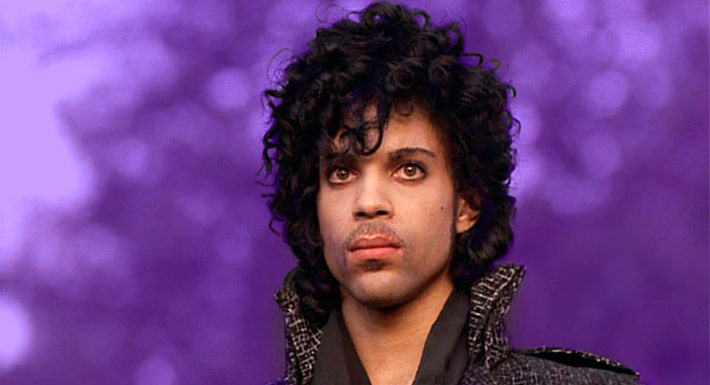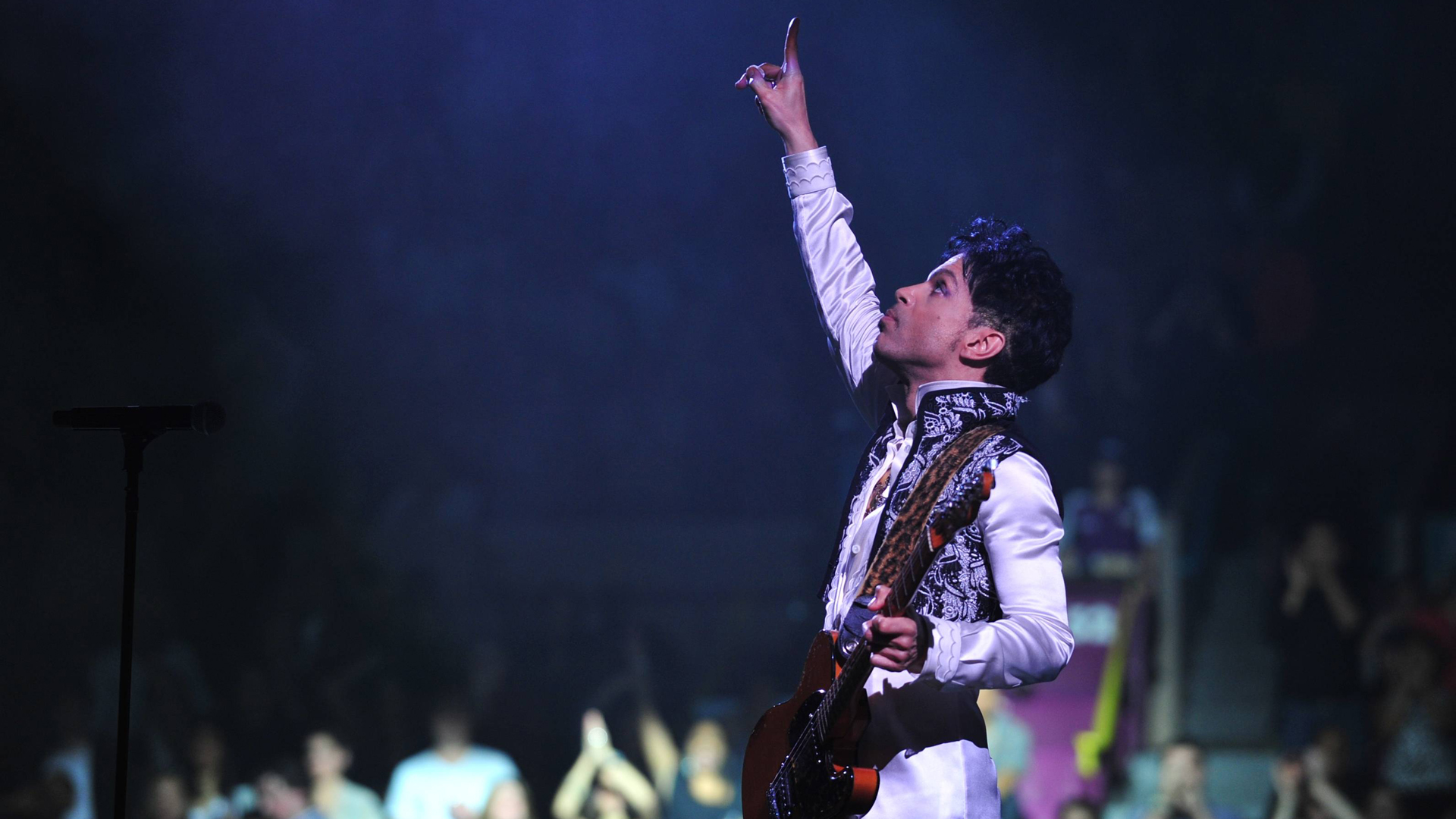There will never be another artist like Prince.
And ‘artist’ is the only word that one can use to describe him. Whether it be in his visionary approach to recording music, his concept of himself as a multi-media master, conquering the stage and screen, or his almost perfect grasp of song craft, Prince approached every aspect of his life as if it were art.
First garnering attention as a boy wonder, writing, producing and performing every instrument on his debut album, the first signs of Prince’s genius were exposed when he performed the incredible trick of unearthing the very magma beneath the crust of rock and roll – sex.
No-one had sung about sex the way Prince did. Disposing of metaphors, he confronted sex in all its messy splendour, fluids and all. It was shocking, it was confrontational, and it was timely. Prince emerged at the same time as punk, and whilst he flirted with new wave sounds in his early singles, his uncompromising attitude was guaranteed to bring him into conflict with the moral majority. Johnny Rotten and his ilk may have been screaming in the face of boredom, but Prince just wanted to get to grips with God’s greatest gift to the world.
And the Big Guy Upstairs would feature more prominently in his work as the 80s went on. Sex and God are the driving force behind most of his best music, an eternal conflict between the sacred and the profane, with Prince caught in the middle. He wants to be divine, but his urges drive him into the arms of sin. But for Prince, sex becomes a holy act, a communion with a higher power.
And he manages to covey this all in a three minute pop song.
His approach to live performance found him living out these conflicts on the stage, and as the decade went on, the tours became more and more elaborate, less a concert, and more an entry point into Prince’s worldview. As the 80s melted into the 90s, Prince recognised the changing times, but struggled to move with it. Perhaps in a prescient way, he saw the way the music business was working, and raged against it, but this destructive conflict with his record label masters only served to alienate him in the eyes of the public. For many, Prince ceased to be the visionary pop star, and became the reclusive weirdo that many feared he might have always been.
But perhaps parting ways with the mainstream may have been the best thng he could have done. There’s a sense that Prince always made his music for an audience of one – himself. And for the last twenty years, that’s largely who he’s been writing to please. Every now and again, the public synchronise with him, and his latest album is hailed as a “return to form”. But in reality, The Artist never needed a return to form. He ploughed his own path, rarely making any concession to the needs or wants of what was expected of him.
The enigma. The performer. The prophet. The Artist. The preacher. The Prince.
There will never be another like him.







